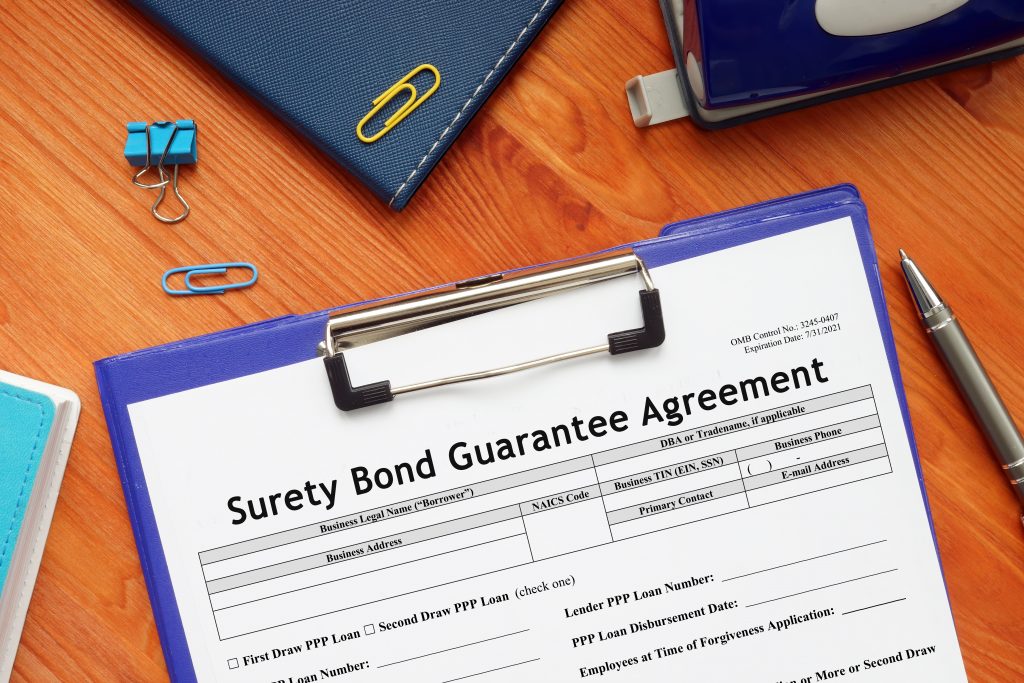
It wasn’t that long ago that Nevada vehicle title bond became required for lost vehicle titles, July 1, 2018 to be exact. If you cannot produce an existing title or other adequate proof of ownership, and you are unable to contact the previous owner then you may apply for a bonded vehicle title in the State of Nevada.
Most bond companies charge around $10 per $1,000 of your required bond limit and usually have a $50 minimum. As with all bonds, the main factor in pricing and eligibility is the personal credit rating of the person applying for the bond. A soft hit, only visible to you, may appear on your credit report and will not affect your credit score.
Our insurance agency is able to write all kinds of bonds. We can get started with quoting your Nevada vehicle title bond after you answer a few questions in the form below.
Bonds 101
Here’s a quick review of the purpose bonds serve.
Bonds are different than insurance in that they act as a guarantee. There are also 3 parties involved with a bond rather than only 2 parties with an insurance contract.
Principal – this is the party that is applying for the bond and being asked to make some sort of guarantee
Obligee – this is the party that is requiring the bond, usually a government agency or court
Surety – this is the party that is financially backing the bond, or the guarantee. If the Principal fails to perform their duties and a claim is made against the bond then the Surety will make payment to the Obligee.
All bonds require an Indemnity Agreement between the Principal and the Surety. If you obtain a surety bond you also agree to Indemnify, or pay back, the Surety any claims made against your bond. After all, as the Principal it is YOU that is making the guarantee. The Surety is just backing you up rather than you using your own money or assets as a guarantee.
So you’re probably understanding a little more now about why a lost vehicle title bond would be useful. Let’s consider the following scenario.
Bond Scenario
I buy a used car from a local classified for $5,000. The seller explains to me that they don’t have the title because it was lost and they haven’t ever bothered to do the paperwork to get a new title from the DMV.
We agree to execute a Bill of Sale, I pay them and take the car.
When I apply for a lost title at the DMV I show them the Bill of Sale and explain the Seller’s situation. They ask me to obtain a lost vehicle title bond in order to order a bonded vehicle title. They also supply the amount of the bond required, which will vary based on the vehicle based on the Manufacturer’s Retail Price.
Fast forward a few months when I am notified that the Seller was not the actual owner of the vehicle and that the new owner has now produced the original title to the vehicle I purchased. This is where the bond comes in.
Per www.dmvnv.com/regbonded , “any person damaged by the issuance of a bonded certificate of title has a right of action to recover on the surety bond for any breach of its conditions”.
The Surety Bond is how the State and the DMV can ensure a certain level of protection to the public with lost vehicle titles since any vehicle transaction involving a lost title has a higher level of risk for the parties involved.
